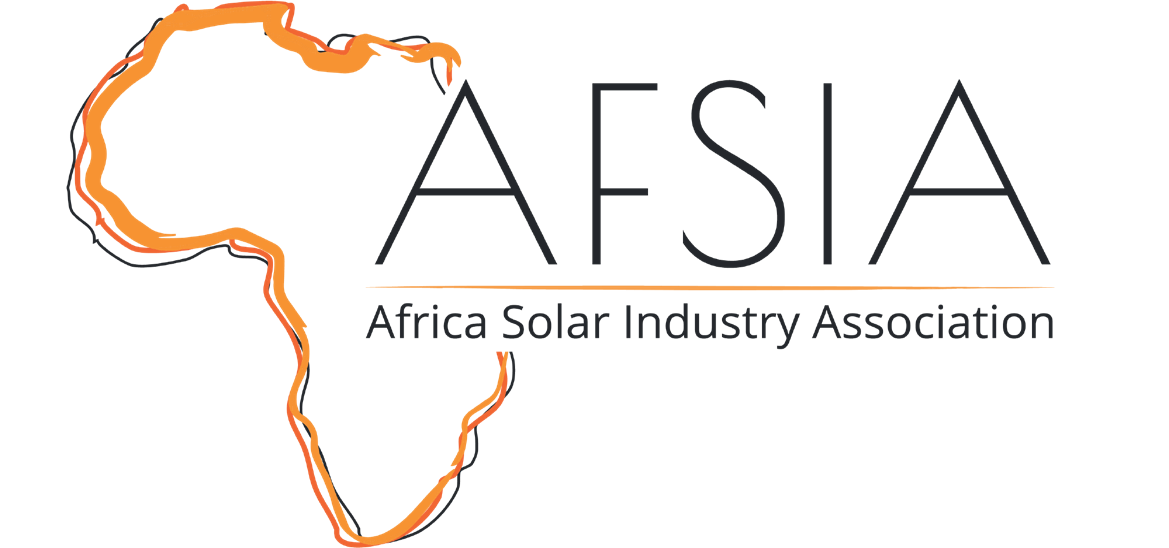In the AFSIA’s “Who’s Who” series we ask a few questions to individuals who are shaping the industry. This month we ask Ashwin West about his career and most notable moments of his career.
1. What is your role at your company and what does this entail?
I am part of African Infrastructure Investment Manager’s (AIIM) pan-African investment team, based in our Cape Town office. AIIM is private equity fund manager, focused on infrastructure investments on the continent, with a focus on Sub-Saharan Africa. AIIM has a broad infrastructure investment mandate, which includes solar PV power. My role is focused on originating investment opportunities, analyzing, assessing, structuring, negotiating and executing those opportunities, as well as the ongoing performance monitoring and realization of investments. I have worked on infrastructure finance deals in the transportation, thermal energy and renewable energy sectors, as well as assisting in the management of existing assets, as a non-executive director on the boards of several of our portfolio companies. Prior to joining AIIM, I spent eight years working for Aurecon, a consulting engineering firm, providing project development services and support to project sponsors in the infrastructure, energy and water sectors.
2. How did you start your journey in the solar industry?
My journey in the solar industry began in 2010, when I joined AIIM. At the time, the South African government was preparing to roll out its renewable energy IPP program, and AIIM was well positioned to participate in the program with 2 wind farms it had under development. We were however looking for additional opportunities to participate in the program, and we were introduced to an Italian developer looking to set up shop in SA and participate in the REIPPP. The Italian developer was in the process of securing a 75MW solar PV opportunity and needed equity partners. We joined the consortium and were ultimately successful in the bidding process, securing an exciting investment opportunity in the first round of the REIPPP. It was an interesting journey, as there were few grid-connected solar PV projects of the scale that we were planning to build. I had to improve my understanding of the technology and convince an investment committee that the risks were manageable and that we should head into what seemed like unchartered territory. I have subsequently been involved in several solar PV bids and projects, and most recently in the off-grid solar home system sector, with an investment in BBOXX Kenya, BBOXX Rwanda and BBOXX DRC.
3. If you could impact or change 1 thing in solar in Africa, what would that be?
If I could change one thing, I would increase the speed with which grant funding and subsidies are flowing to the solar home system sector on the continent. Solar home systems are an integral part of the electrification story in Africa, particularly in the rural areas, where a grid connection is often expensive and grid power can be intermittent and unreliable. A number of countries on the continent have made significant strides towards achieving their goal of universal electrification, however, affordability remains a challenge for rural households. Multilateral agencies and DFI’s have capital that needs to be deployed into the solar home system sector, but it can take a long time to secure the funding. By increasing the speed with which grant funding (in particular subsidies) are deployed, we will be able to achieve the goal of universal electrification within the required time period and improve the quality of life and productivity of vast numbers of people across the continent.



